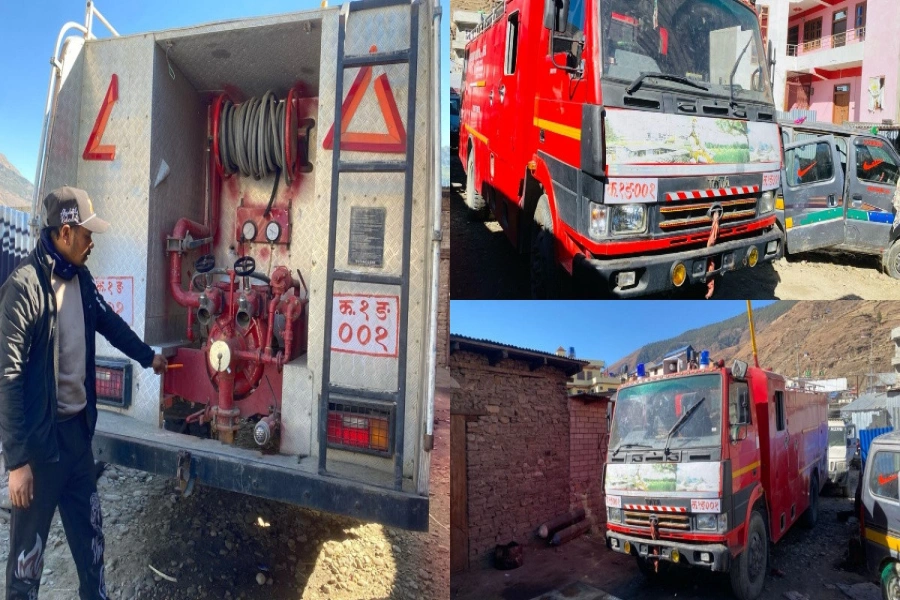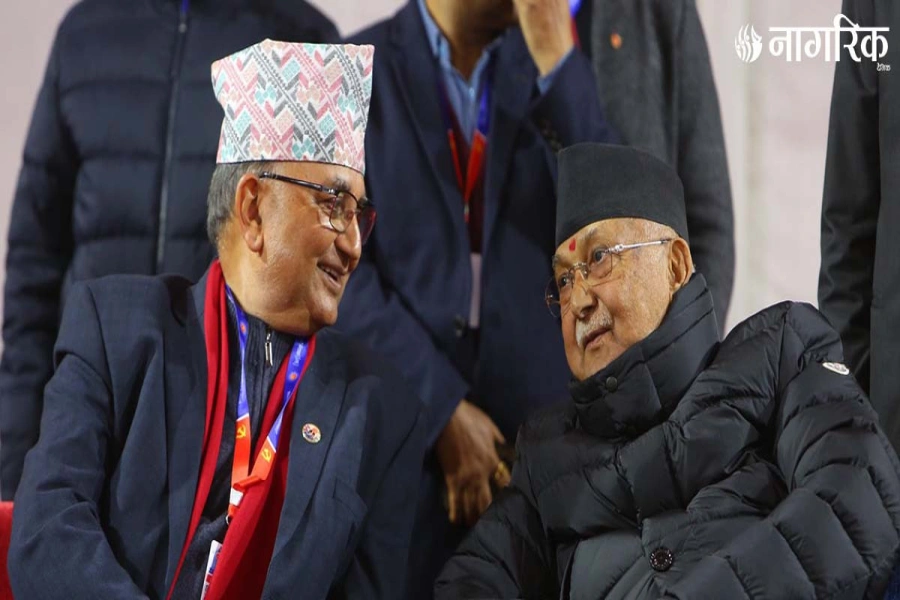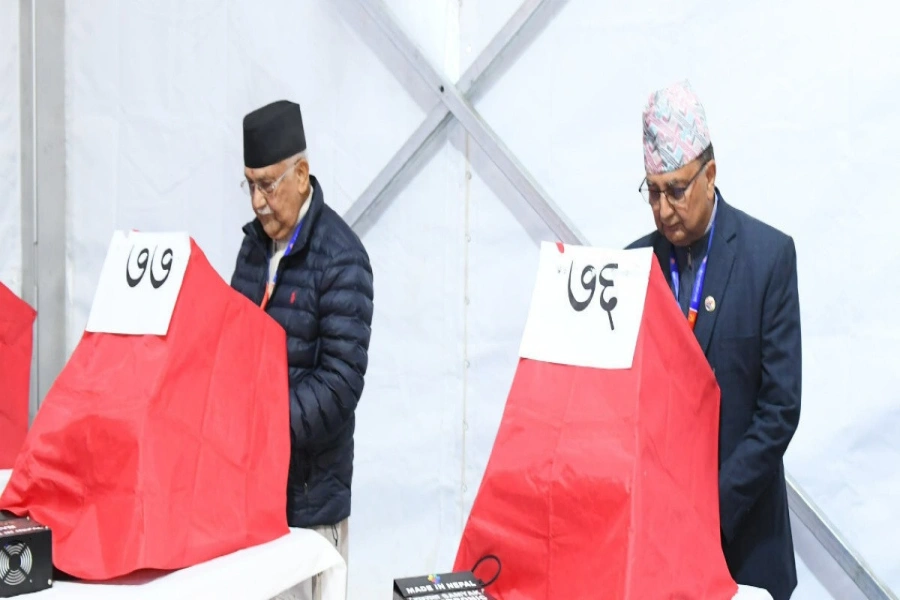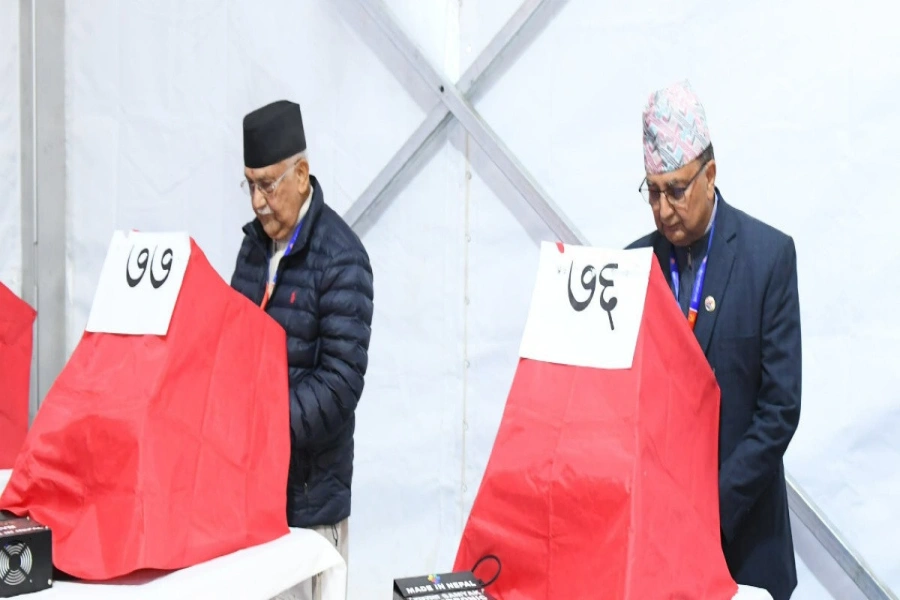Most ministers in K P Sharma Oli’s cabinet have failed to do substantive works, which is why they, including Prime Minister Oli himself, have become the subject of public criticisms. Even some of the faces—such as Labor Minister Gokarna Bista and Minister of Federal Affairs and General Administration Lal Babu Pandit who had been largely appreciated by people during their earlier terms—have failed to leave a mark through successful delivery. As a result, the government has been largely seen as failing to govern, which is the main reason it is also losing the public support that it once enjoyed. Something had to be done about it. Thus it is positive that the Prime Minister took some measure in this regard. Two weeks ago, the PM made all his ministers sign work performance agreements under which the ministers agreed to complete seven to 20 tasks in the next few years. We would like to believe that it will help make the ministers more accountable to the people and that they will be able to perform the assigned tasks successfully.
Gold-like substance seized in Rasuwa

But there is a room to doubt this measure will work. For one, most of these agreements do not cover any substantive tasks and do not have any completion deadlines. Some of the tasks assigned also overlap with existing government policy and program. The agreements the PM signed with many ministers don’t have any completion deadline. Agreements signed with Forest Minister Shakti Basnet, Agriculture Minister Chakrapani Khanal, Minister for Law Justice and Parliamentary Affairs Bhanu Bhakta Dhakal, Home Minister Ram Bahadur Thapa and Land Management, Cooperatives and Poverty Alleviation Minister Padma Kumari Aryal are such that they do not have to worry much about the performance because they have not been given any deadline for completion of the tasks assigned. For example, Land Management Minister Aryal has been assigned to complete 10 tasks, Law Minister Dhakal seven, and Agriculture Minister Khanal 13 tasks but there is no completion calendar for them. It is so with many other ministers. Wherever the deadline calendar has been set, it applies for only few tasks. Gokarna Bista, for instance, has been given nine tasks but the deadline has been set for only two—starting payments for laborers through banking channels and meeting the annual target set under the budget this fiscal year.
Pressuring the ministers to ensure performance in itself is a good idea, for many of the ministers do not seem to be working seriously even while piles of work lie before them. For example, works of Melamchi Drinking Water project have stalled since the Italian contractor abandoned the project in December last year. With no effective measures to resume the work, the fate of this vital project has not only remained uncertain but also has become the subject of resentment among the valley residents. Many of the infrastructure projects are marred by perennial delay and the concerned minister is not seen to work proactively to get them completed on time. But signing the agreements with the ministers alone does not help to change the situation. Office of the Prime Minister has to constantly follow up on the tasks assigned and also introduce punishment measures for those who fail to perform. Prime Minister has tried to give a positive message that he is serious about governance. But the content and substance of the agreements do not inspire much optimism. The PM needs to ensure that his latest move does not end up becoming yet another publicity gimmick.

































